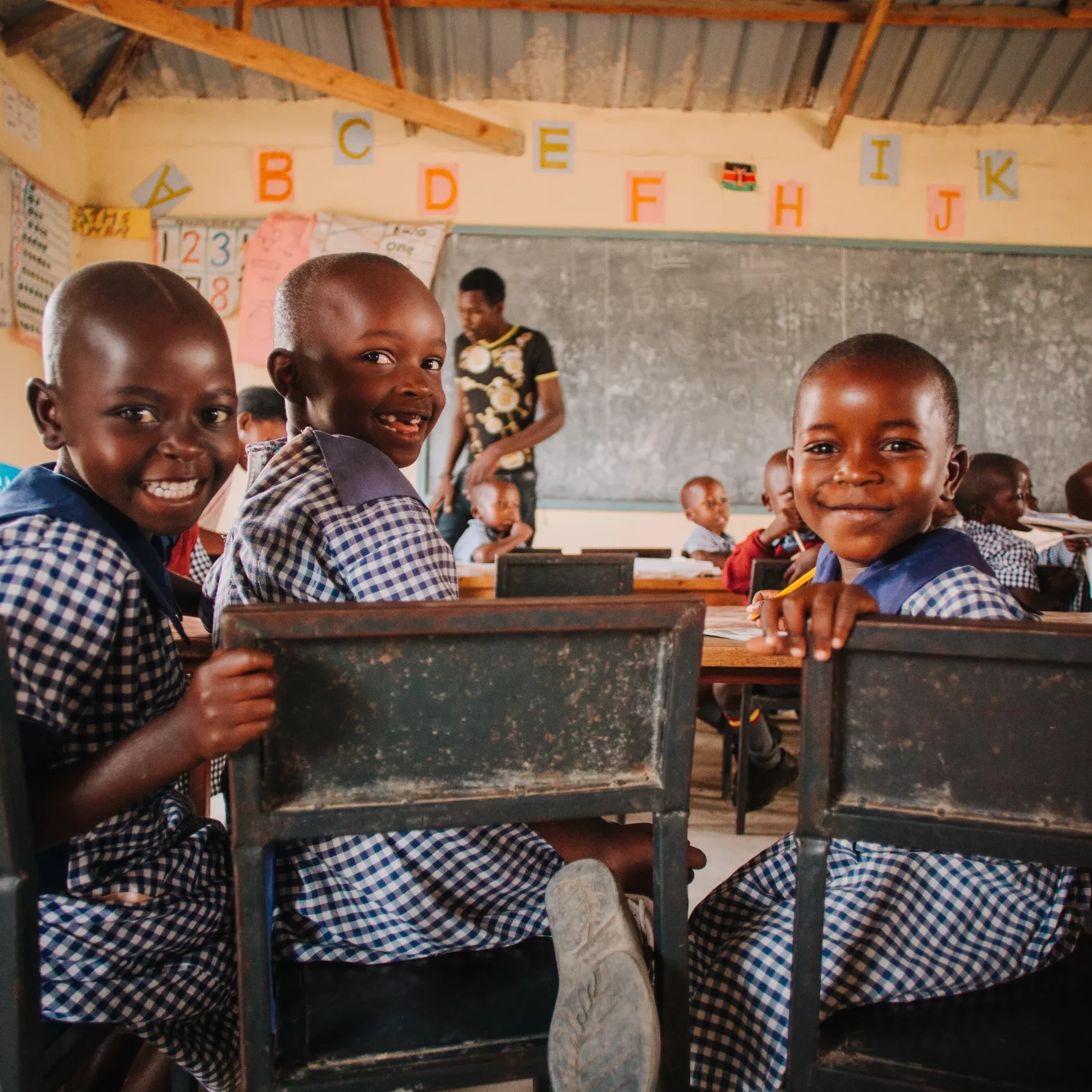Grant Program
BOLT
Grantee Name
Kenya Education Network
Grant Start Date
6 January 2023
Grant End Date
5 January 2024
Amount Funded
$200,000.00
City
Nairobi
Country
Kenya
Region
Africa
OBJECTIVE OF THE PROJECT
The project leverages on the existing KENET broadband network to extend affordable and high-speed Internet connectivity to 20 selected rural-based institutions (schools, hospitals and a public library). The project proposes to use low-cost last-mile radio operating in the unlicensed bands and/or short fibre links from four anchor rural universities in the rural areas. The goal is to bridge the digital divide by giving the institutions and local population access to education and online resources and building the digital skills of the neighbouring communities in partnership with the anchor universities.
WHY IS THIS PROJECT IMPORTANT?
During the COVID-19 pandemic, the importance of good connectivity was amplified. School closures in Kenya in 2020 meant children had to stay home for six to nine months, leaving them reliant on remote learning. The digital divide meant that students who could access the Internet were better placed to continue with their learning.
The project aims to connect the unconnected to the Internet using last-mile point-to-point from KENET broadband nodes. This is an alternative, affordable, and sustainable method that KENET, as the operator of the National Research and Education Network (NREN), uses to connect campuses of educational institutions, including schools. This method means rural schools, hospitals, and libraries would access reliable high-speed Internet at very low marginal costs. It also supports the Kenyan Government’s plans to scale broadband connection to all schools by 2030.
Connecting schools, hospitals and libraries also make it possible to provide access to high-speed Internet connectivity to the local neighbouring communities. That means that communities in areas with poor or no 3G/4G mobile Internet coverage and institutions without fixed Internet access can use the Internet in the 20 connected institutions to access educational and research resources, e-government services, e-commerce, and new services, among others. The local community would also have the opportunity to develop locally relevant content and services.
*The photograph is purely illustrative. Children in a classroom in Kenya.
Credit: Shutterstock/ JLwarehouse

